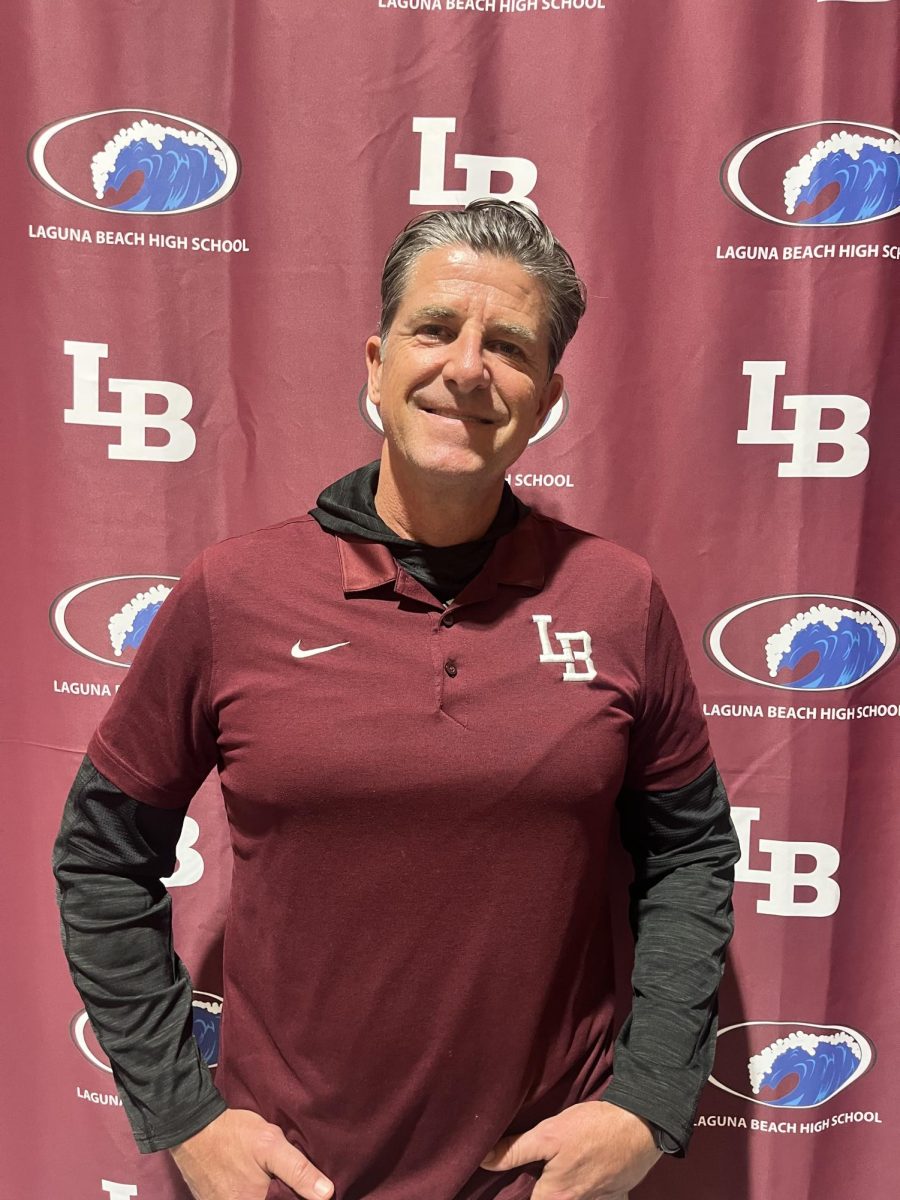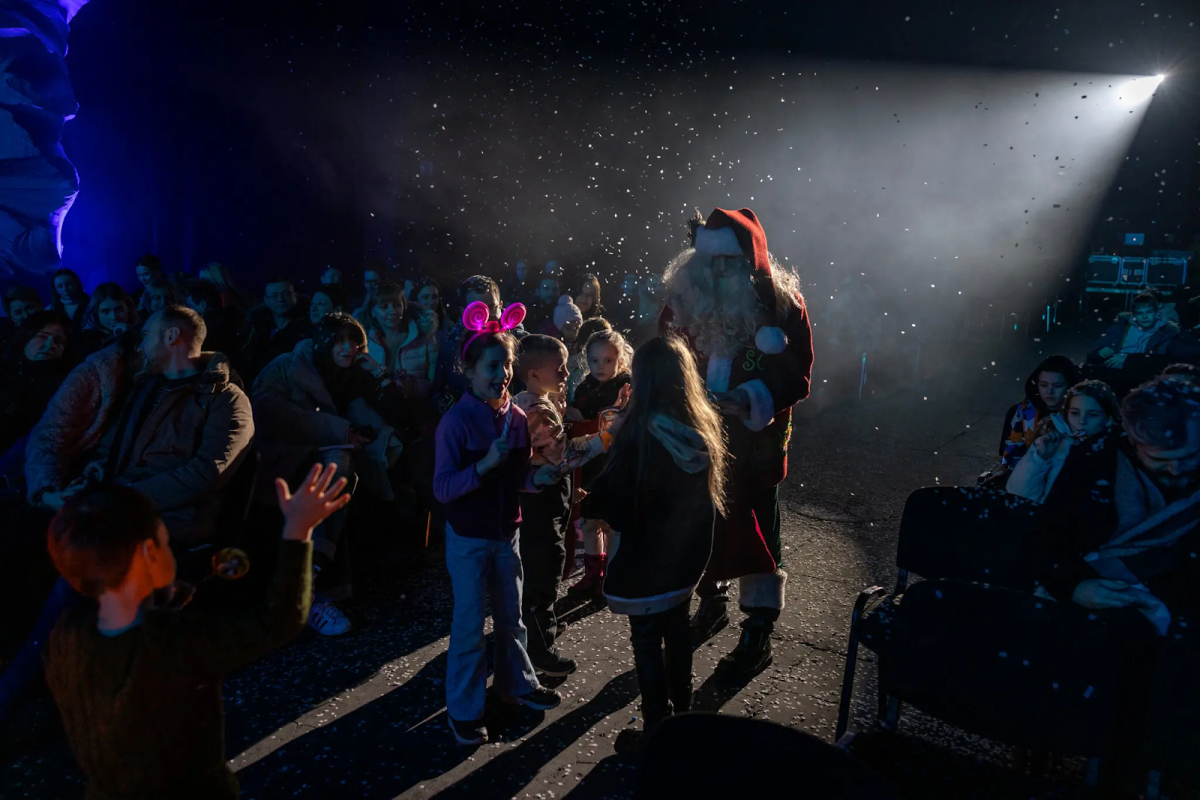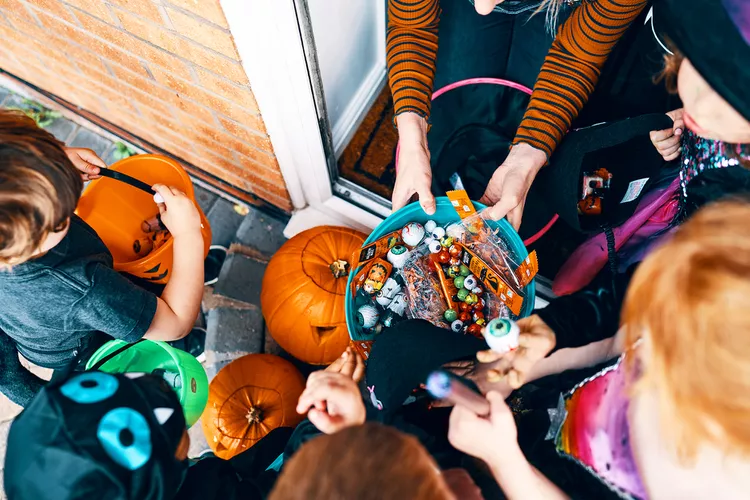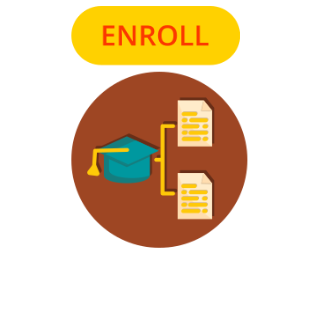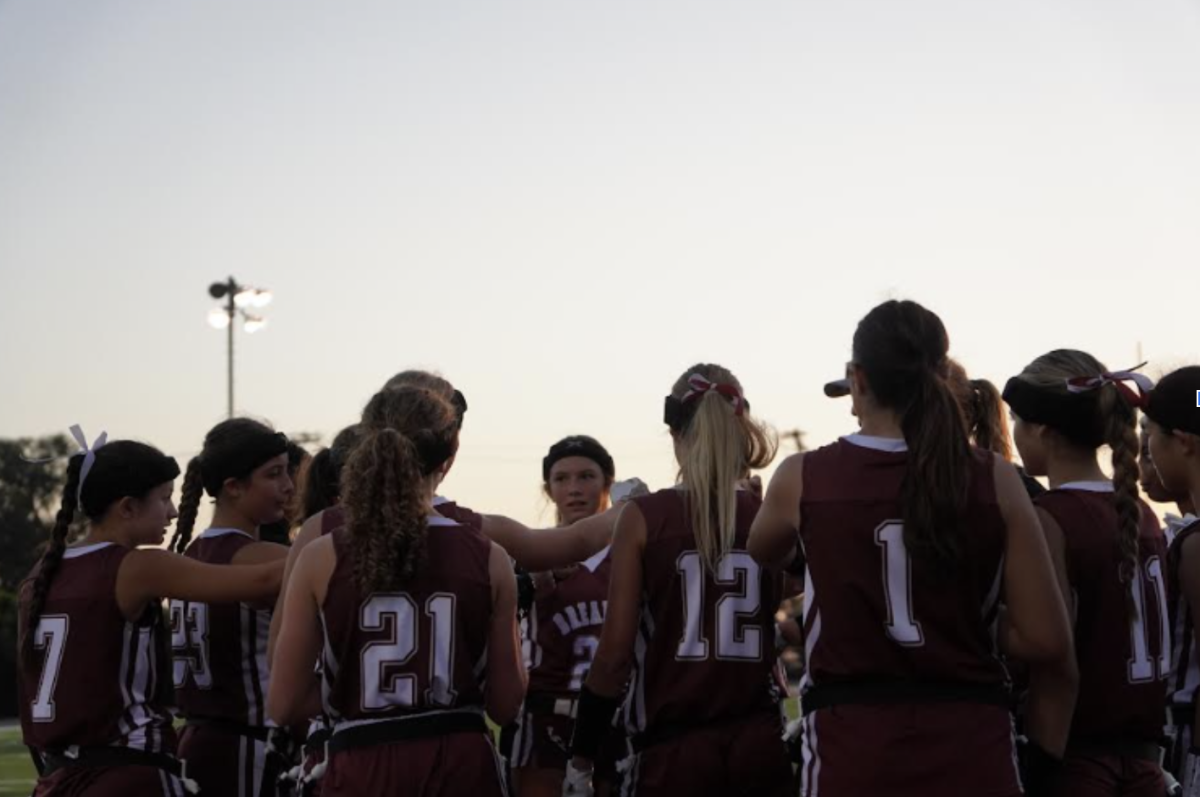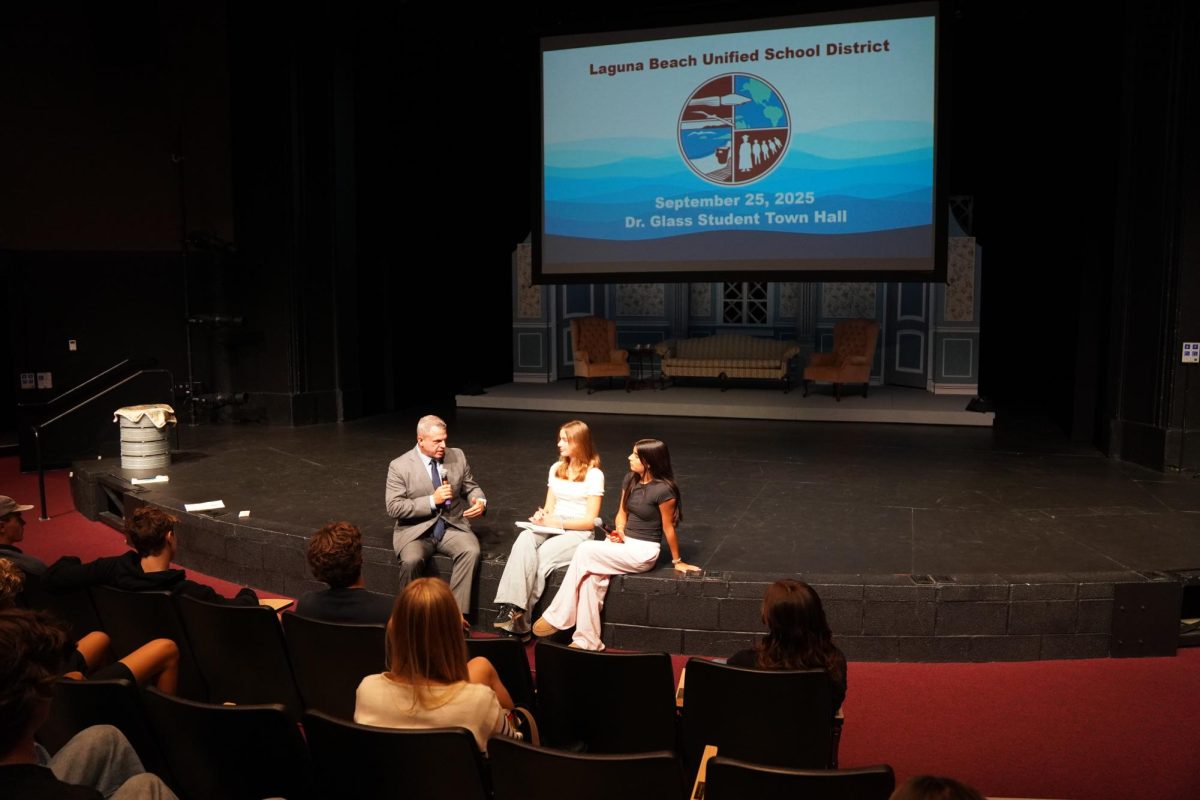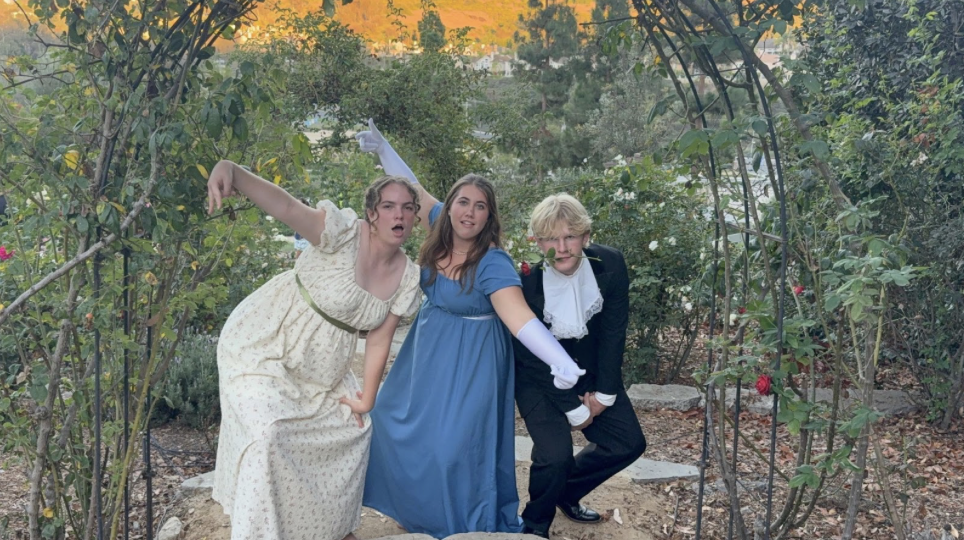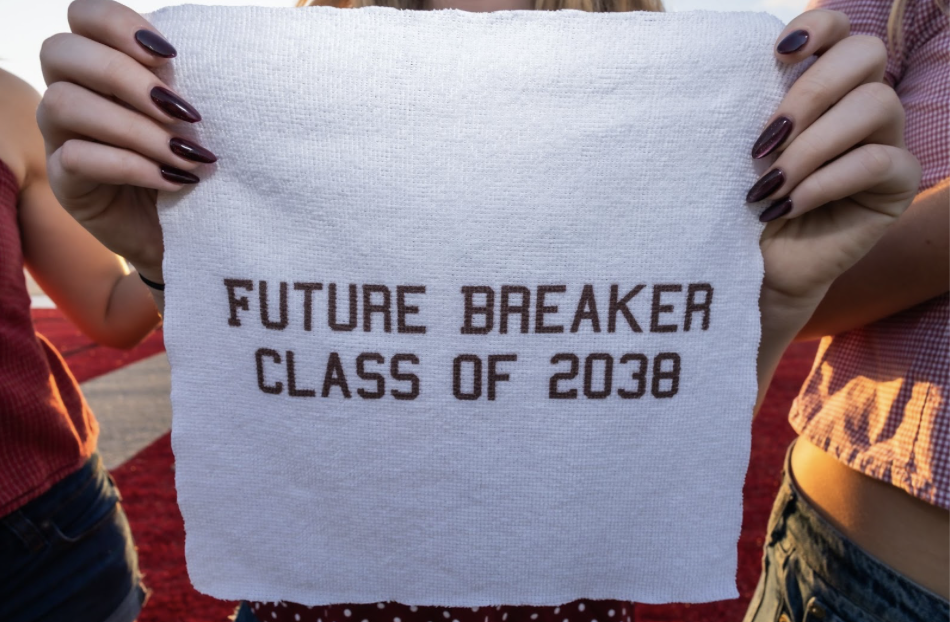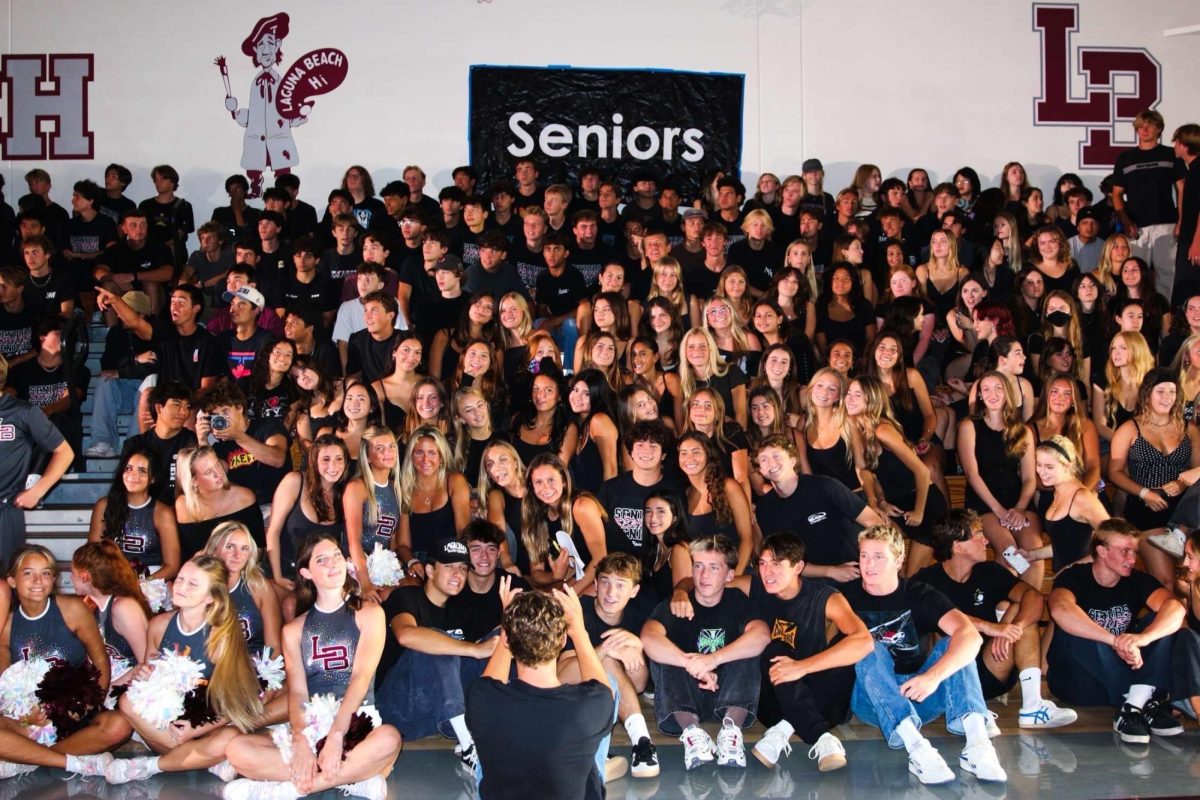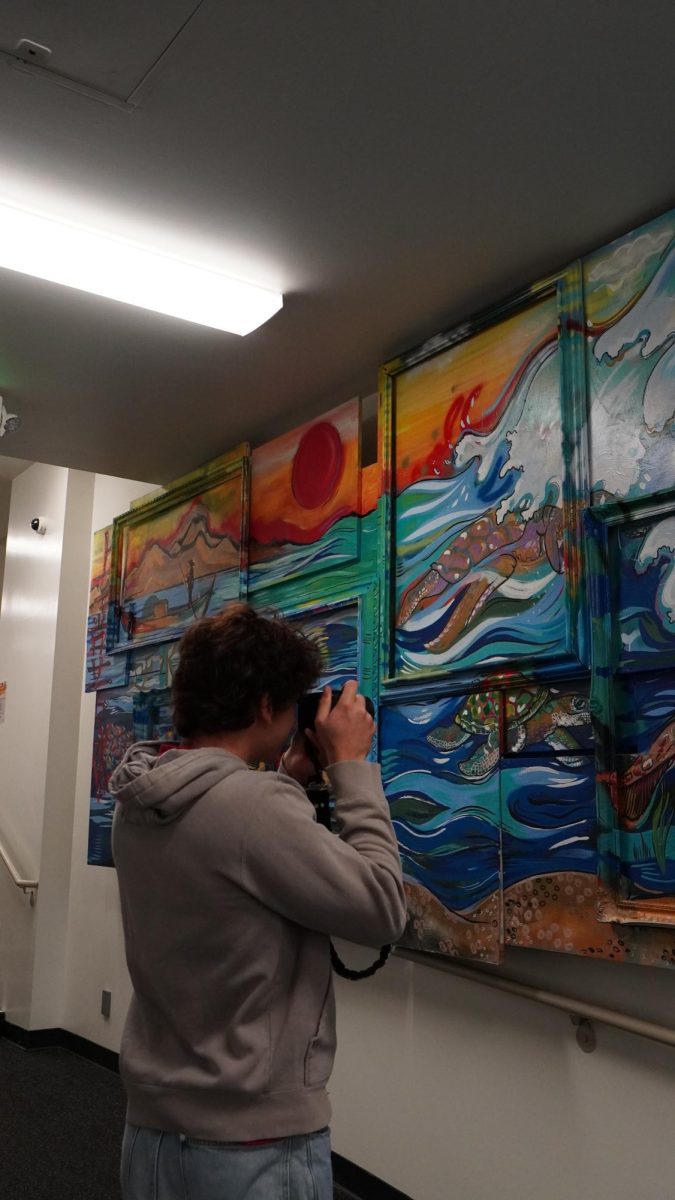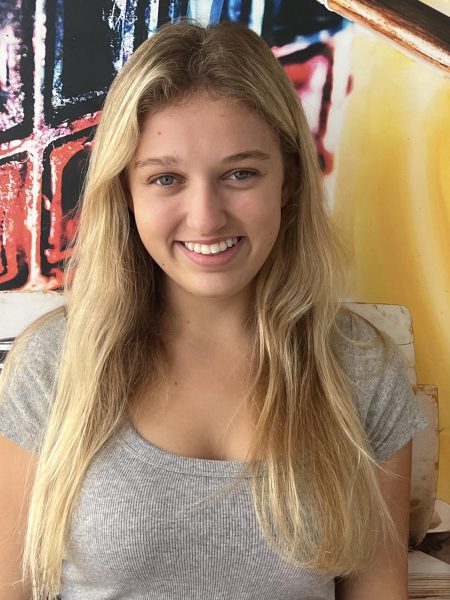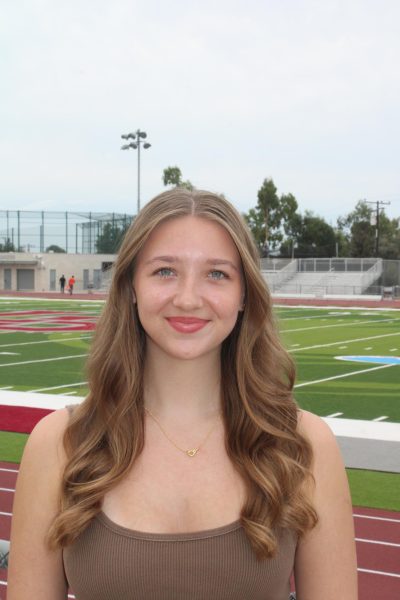The Ranch is one of the most breathtaking hotels in Laguna Beach, nestled between the canyons, just across the street from Aliso Beach. While its beauty initially attracts locals and tourists, they stay for the delicious farm-to-table restaurant Harvest. Just before the mid-winter break, LBHS students from Marine Ecology, Journalism, Video Production, and FLOW Club had the opportunity to visit the Ranch to learn about its commitment to sustainability.
Once the students got off the bus, they were directed to Harvest’s large kitchen, where they were introduced to the Ranch’s executive chef, Kyle. Chef Kyle explained how all guests’ meals use fresh ingredients from the Harvest Garden, located just across the property. He pulled rainbow chard and noodle dough from the fridge, saying that the eggs in the noodles were from chickens in the garden’s chicken coop. Outside the kitchen is a miniature seasonal herb garden with various herbs for desserts or drinks. Whatever ingredients cannot be found on the property, Chef Kyle takes special care in sourcing them locally. Fish, for example, are bought from fishermen in Dana Point and Santa Barbara. Of course, not all of the ingredients are in season year-round, so there are many seasonal dishes, and in the slower winter months, Chef Kyle supplements more of the ingredients from local farmers. Thankfully, this gives the soil time to replenish its vital nutrients.
Around the kitchen, signs were posted for the employees stating what goes in the compost and what doesn’t, with marked trash bins for compost. All raw materials like stems and eggshells may be composted, but meats and plastic cannot – the Ranch doesn’t have single-use plastics on sight. Chef Kyle emphasized how vital composting is to the Ranch. The compost is “priceless,” says Chef Kyle, “you can’t even buy that good of a product.” He mentioned that composting was “second nature” for all employees since it is so embedded into their everyday routines.
Chef Kyle talked a lot about Harvest doing their part, ensuring they compost everything they can to give back to their garden. It is something that they are conscious of every day.
“You don’t realize how much food waste ends up in a trash bin, then ends up in a landfill,” said Chef Kyle.
When the compost bins are filled, they are placed on a large scale to be weighed daily. Tyler, the head of sustainability, then logs the weight into the “Beyond the Green” program to track the Ranch’s sustainability over time. After Tyler logs the compost, Farmer Leo takes it to the garden for the plants, creating the continuous cycle necessary for sustainability. Even the leftover non-compostable ingredients don’t go to waste; the used cooking oil is taken by a company to be turned into biodiesel or soap.
“Through trial and error, we realized this can work well,” added Chef Kyle.
After the tour of the Harvest kitchen, students walked to the garden to meet Farmers Leo, Maile, and Makena. The students were then divided into three groups for “spring cleaning”: composting with Leo, seeding with Maile, and tending to the chickens with Makena. The Marine Ecology students even had the opportunity to collect water samples from the river lining the garden.
With Farmer Leo, students took turns churning compost with shovels and rakes. There was a large pile of dirt, with pieces of fruits, vegetables, and eggshells sticking out. Farmer Leo demonstrated how to shovel the dirt properly to turn the pile into usable compost. Roughly five students were on each side of the pile, all determined to help create compost.
Farmer Maile taught students how to plant seeds properly, using a metal object called a soil blocker to create cells for the seeds. There were noticeable traces of eggshells and paper bits in the soil, evidence of the nutrient-dense compost originating from the kitchen. Originally from Hawai’i, Farmer Maile believes love and intention are the keys to helping a seed germinate. As a student finished planting dandelions, she asked, “Did you have intention in your heart?”. Once everyone finished planting, she showed them how to rinse out old planters from last season for this season. If the planter boxes are not scrubbed with water, they risk spreading harmful pathogens like powdery mildew to plants. When asked if rinsing with water is adequate, Farmer Maile said yes and assured students that the Ranch does not use any form of pesticides in its farming practices.
Over at the chicken coop with Farmer Makena, more than a dozen chickens provide eggs for Harvest. Students learned how to care for the chickens and keep the coop sanitary and safe. Although the chickens were curious about why so many people were in their homes, they were very tolerant.
“My favorite part was learning how most of the food gets on the plate and how the vegetables come from the garden. I had a great time,” says Marine Ecology student Zarah Carter-Bullock.
The Ranch is undoubtedly committed to maintaining its sustainable practices thanks to devoted employees like Chef Kyle and Farmers Leo, Maile, and Makena. Visiting the kitchen and garden was an inspiring and educational experience for LBHS students. Thank you very much to everyone at the Ranch for their hospitality.



